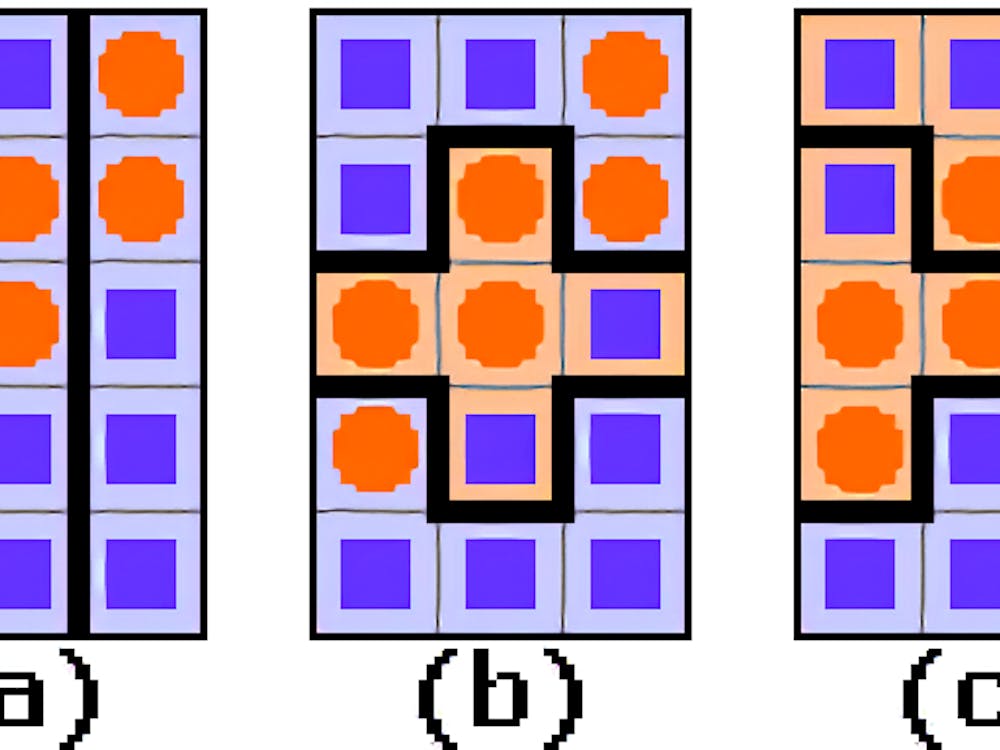With the recent confirmation of John Brennan as director of the CIA, the use of unmanned aerial drones has once again become the international relations topic du jour. Many Americans are expressing a belief that the unchecked application of drones is one that is not without its externalities at home and abroad.
One need not look further than the stairwell leading up to the political science department to see the debate present on our campus. After all, the Applied Physics Lab and now Homewood have been flooded with government investment to construct the technology that is at the heart of the U.S. drone program.
It is not my intent to debate whether the U.S. ought to employ these novel weapons as other students and I have already written extensively on this issue. Instead, I’d like to propose an idea for Hopkins students that I believe to be politically neutral and a symbol of international goodwill.
As a student who is expecting to graduate in May, I have been receiving a torrent of emails asking me to donate money as part of my senior class gift. This year, seniors are permitted to earmark their donations to be provided to the school organizations in which they were most involved. These sorts of donations are often encouraged as a way to both honor one’s school and to provide the institution with a gift that will improve its standing in the eyes of its students and the public.
If Hopkins and its students are responsible for the development of unmanned aerial drones, then it may be valuable to establish a fund to provide compensation to families who have had relatives or property destroyed by surgical strikes against terrorists around the world. I believe that this would not only be in line with American conceptions of property rights but could also be the impetus for a greater soft power movement in the U.S.
American citizens have always held the protection of private property in high esteem. Many of the founding fathers were heavily informed by British and European thinkers who lived under and detested governments that had the absolute authority to destroy private property at will. Since the Wilson administration, the U.S has sought to make the world safe for democracy and ought to espouse those ideals by making those same considerations abroad. Just as decisions made by the U.S. in the global sphere often set international norms, so too do transgressions provide fodder to anti-liberal governments to argue that the U.S. is nothing but a powerful hypocrite.
Moreover, this policy is justified from a soft power perspective. However much we like it, the actions taken against other states by a government by and for the people is interpreted as an act of the American citizenry. Oftentimes dissent through the electoral process is slow and ineffective, requiring protest action to demonstrate to the world that the American people are not unified in their approval or disapproval of their government’s belligerence.
For example, it took one million people marching together through Central Park in 1982 to force the Reagan administration to reconsider its nuclear buildup policy. These protests, along with efforts by the scientific community, were met with solidarity throughout Europe and the Soviet Union, signaling to the citizens of those states that Americans did in fact care for their well-being.
Similarly, donating money to organizations that compensate victims of drone attacks can send the same message, especially since the U.S. has a poor track record of paying reparations to victims in any official capacity. In the end, it seems like the least we can do to show that American bombings in Pakistan aren’t wholly indiscriminate and that future generations will not be unduly burdened by this generation’s unceasing violence.
Jacob Grunberger is a senior Political Science major from Cresskill, N.J. He is the foreign affairs columnist for The News-Letter.




